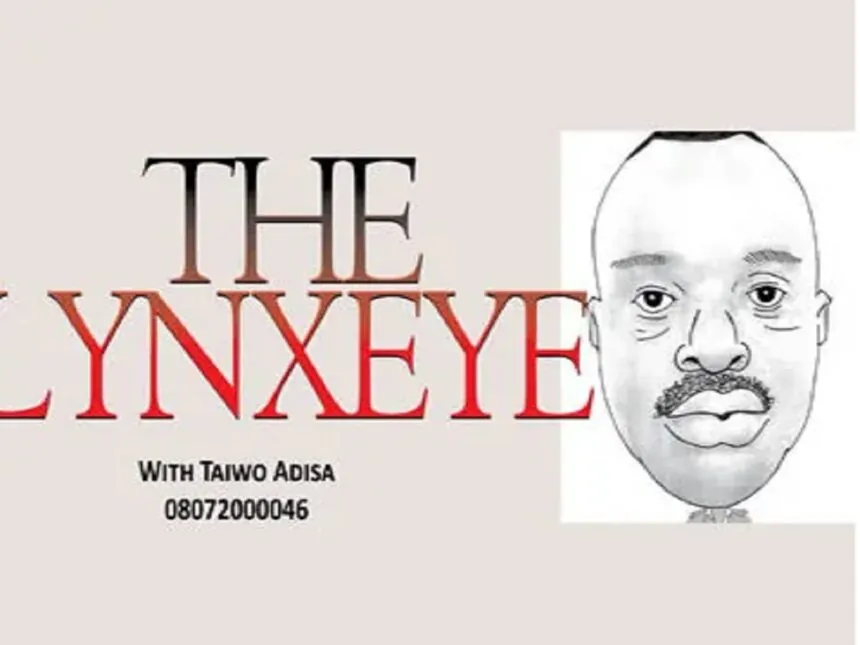A back-and-forth ensued between the Academic Staff Union of Universities (ASUU) and the Minister of Education, Dr. Tunji Alausa, in the last days of August 2025. Alausa was to fire the first salvo when he dismissed ASUU’s persistent claim that the Federal Government had breached the agreement it had with the union. While speaking to journalists in Abuja, Alausa said that what the government had with the union were mere proposals. “The documents ASUU has been referring to as agreements were just proposals that were never signed,” he had stated on Thursday, August 28. Almost immediately, ASUU President, Prof. Chris Piwuna, replied to the minister, accusing the government of lacking a proper culture of record-keeping.
He stated that ASUU’s demands go beyond allowances, adding that the union had often pushed for improved salaries, better conditions of service, enhanced university autonomy, and comprehensive reforms in the education sector, among others. He also questioned the continuity between successive administrations in the ministry.
Less than 24 hours after the initial declaration, which prompted ASUU to start preparing for the ‘mother of all strikes’, the Minister of Education realised his mistake and retracted his earlier position. In a statement titled: “Clarification on Minister’s Statement Regarding FGN-ASUU Agreements,” which was signed by the Ministry’s Director of Press and Public Relations, Boriowo Folasade, Alausa acknowledged that the 2009 agreement between the Federal Government and ASUU was an officially signed pact.
ALSO READ: NYSC Announces Date For 2025 Batch ‘B’ Stream II Online Registration
He added that efforts to review the agreement, including the Nimi Briggs Committee, which produced a draft agreement in 2021, and the Yayale Ahmed Committee set up by the Bola Tinubu administration, have not produced a conclusive agreement.
The statement read in part: “When the Honourable Minister stated that there had been ‘no new signed agreement’ with ASUU, he was referring specifically to the 2021 draft Nimi Briggs document, which has not been formally executed. The Ministry, therefore, reaffirms that the 2009 FGN-ASUU Agreement remains the last formally signed agreement. The 2021 draft serves only as the latest framework for discussions.”
The minister, however, proceeded to institute a technical committee to perfect issues between ASUU and the government, while assuring that the government was determined to resolve the 16-year-old impasse with ASUU through what he called “sustainable and constitutionally backed measures.” Though in one breath, an ASUU member had described the minister’s decision as “keeping them taking syndrome,” the development has, however, provided the much-needed breather that could enable the Tinubu government to keep its desire to avoid strikes by the university teachers during its tenure.
That desire is what many would call an uphill task. Not because it is not doable, but especially because no government has attained that feat since the Ibrahim Babangida days in 1992. I was able to write my final exams when ASUU struck, driving students into a prolonged strike that changed the course of many. Since that historic strike, every successive administration has had one problem or the other with ASUU, academic unions of other institutions, and the non-academics as well. The Umaru Yar’Adua/Goodluck Jonathan government in 2009 believed it had struck gold when it signed off on the landmark 2009 agreement with ASUU, but the implementation of that agreement has been an issue ever since. So, when the Minister of Education first announced that there was no agreement between the Federal Government and ASUU, he could be pardoned because many waters have passed under the bridge. But one would have to ask, why does the Federal Government perpetually play deaf to ASUU’s demands? Why is it so difficult for the government to implement agreements freely entered into with the university teachers?
The answers to those questions and every other one that revolves around the FG/ASUU imbroglio are not far-fetched. I will borrow the words of Senator Enyinnaya Abaribe, the Senator representing Abia South in the red chamber, who was asked to appraise the problems with the Power Sector. Remember, Senator Abaribe is a veteran chairman of the Senate Power Committee. He simply answered the question posed to him by saying: “For all have sinned…” His response was rooted in the biblical book of Romans 3:23, which says: “For all have sinned and fallen short of the glory of God.” The Senator was simply stating that all actors in the Power sector have contributed a share or the other to the travails of that sector.
If you want to answer that question in relation to ASUU and the endless brushes with the Nigerian government, you will also come to that conclusion…for all have sinned. There is blame on both the government side and the university administrators. There is blame to be apportioned to university lecturers as well. The university is expected to lead the society with innovations and breakthroughs, not the other way round. Our university teachers imbibe the master/servant operational mode by seeing themselves as civil servants on the altar of either the state or the Federal Government. That accounted for the disposition of some to form what they called CONUA when former Minister Chris Ngige roared against ASUU.
But a key element of the problem starts from the Nigerian system, which devalues education by allowing barely educated people to aspire to the highest office in the land. A lawyer friend, who believed he would reclaim his ‘stolen’ House of Representatives mandate in the 2003 election, gave me clear insights into the Nigerian situation. The man had filed the WAEC result of his opponent, which, of course, was ‘F9 parallel’, as part of the evidence to convince the court that the man declared as the winner by the Independent National Electoral Commission (INEC) was unfit to represent the people. He was, however, shocked to the bone marrow when the Tribunal and the Court of Appeal returned the verdict that what the constitution requires is evidence of attendance at secondary school. Which means that an ordinary school testimonial is enough to qualify a candidate for any of the elective offices in the land, including the House of Assembly, the governorship seat, the House of Representatives, the Senate seat, and the seat of the president of Nigeria. With that as the foundation, the elected officers are tempted to go about with the notion ‘who education ep’.
The above is further assisted by the attitude of the intellectuals themselves when appointed to positions of power and the nature of their relationship with men in power. Rather than lead the way with their intellect and knowledge, intellectuals get into public offices with inferiority complexes that portray them as “nothing special” before the politicians. Rather than tell the truth and exit a public office if they are disrespected, the intellectual twists and turns just to belong to the “right side of power.” I have a classical example that illustrates this scenario.



